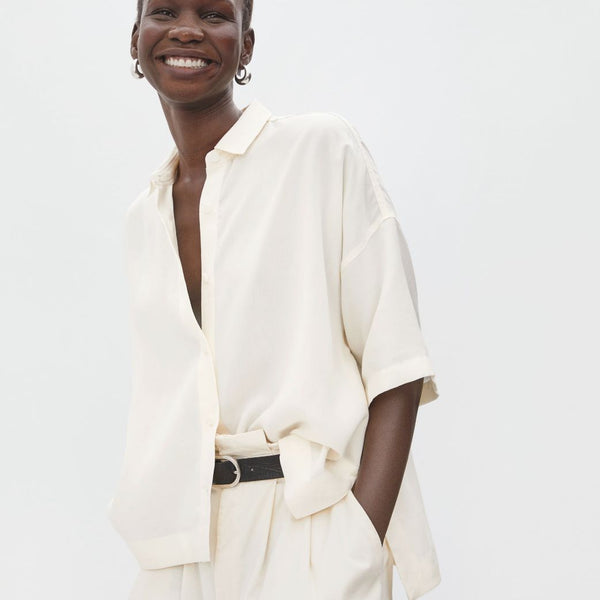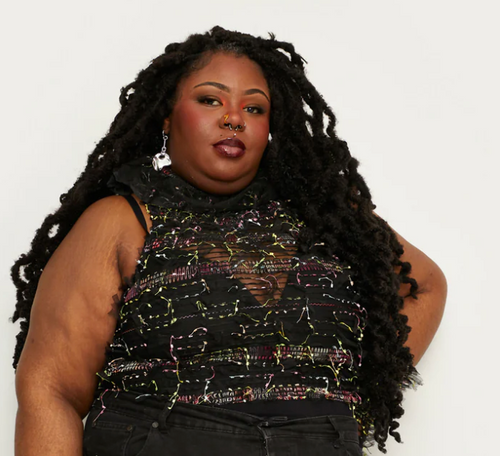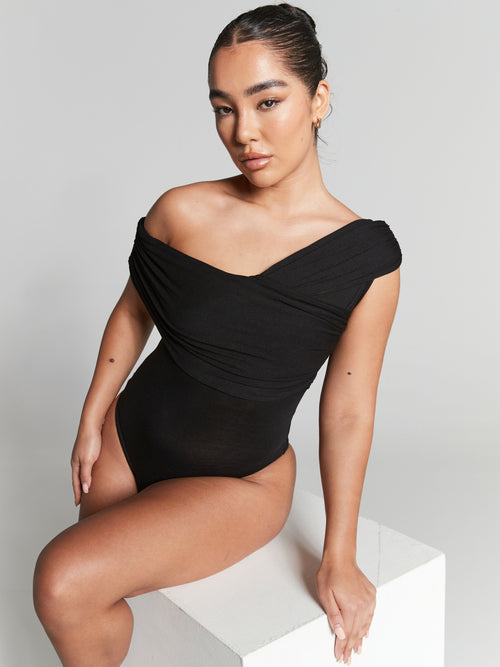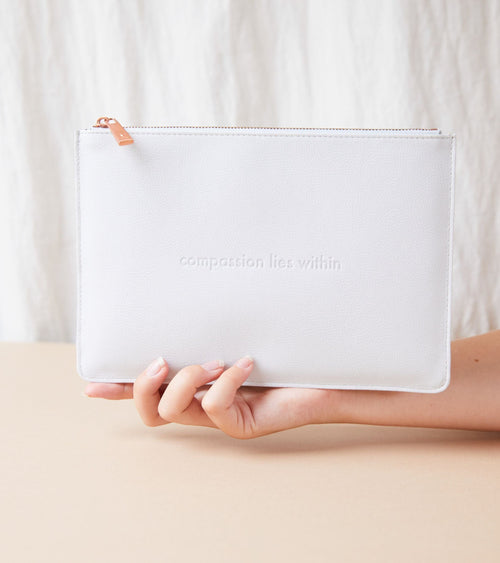Silk is often seen as a luxurious fabric, but is it vegan-friendly? The short answer is no, but to understand why you need to look at how it’s made.
What is silk and how is it made?
Silk is a natural protein fibre that is produced by silkworms during the cocoon stage of their life cycle. While it is legitimately a natural material, it’s not animal-friendly at all as the process of silk production involves boiling the cocoons to kill the silkworms inside.
When you think that it takes around 1700 to 2000 cocoons to make one silk dress, that’s a lot of poor silkworms that have to suffer unnecessarily.
The silk industry also involves the use of chemicals and pesticides, which can have negative environmental impacts.
Is there such a thing as ethical silk?
While some argue that silk can be produced ethically through methods like "peace silk" or "ahimsa silk," which involve allowing the silkworms to emerge from their cocoons before harvesting the silk, others argue that any use of animals for human purposes is inherently unethical.
Alternatives to silk for vegans
There’s no denying that silk feels lovely, however, there are ways to get silky-like fabrics without the cruelty involved with traditional silk.
Cupro
Made from cotton waste, this plant-based material is chemically processed to create a silky-like fabric. Just like the real thing, Cupro drapes well, which means it works well as a replacement in high end items such as wedding dresses.
And while it is cruelty-free, it’s not necessarily 100% environmentally friendly. The production process uses intensive and harmful chemicals that can be toxic to people and the planet if not disposed of properly.
Buy: Dasha Cupro Midi Dress, £49, Urban Outfitters

Citrus fibre silk
This very new silk alternative was only discovered around ten years ago and uses the by-products of the citrus industry. A Sicilian company called Orange Fiber have patented a process to turn local citrus residue deriving from citrus-processing activities, into a wearable silk-like textile.
Some brands such as H&M and Ferragamo have used the fabric, but it’s still not in position to be used for mass manufacturer.
Tencel
This now-popular fabric is a cellulose fibre, derived from sustainable wood. It is non-toxic and non-pollution, and is full bio-degradable, therefore returning back to nature in a full cycle.
Just like silk, it’s soft and drapeable, as well as being breathable and skin-friendly so makes a great vegan alternative to silk.
Buy: The Drapey Shirt, £75, Everlane

Spider silk
Don’t worry, no spiders are harmed in the process of this new innovative silk alternative. Made by Bolt Threads, this new fabric is actually made from a yeast, sugar and water fermentation process. Called MicroSilk®, it has the strength, elasticity, durability and softness you’d expect of silk.
Stella McCartney created a prototype dress using the silk material which was showcased at. The Museum of Modern Art in New York City. She then followed this up creating a tennis dress for her Adidas range from the material.
>> Related blog: What to wear instead of wool



0 comments